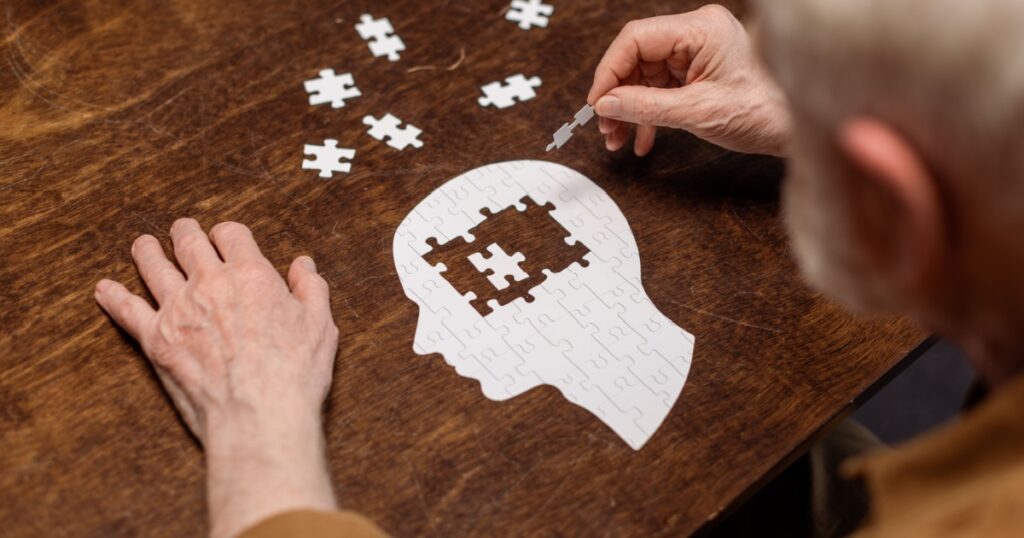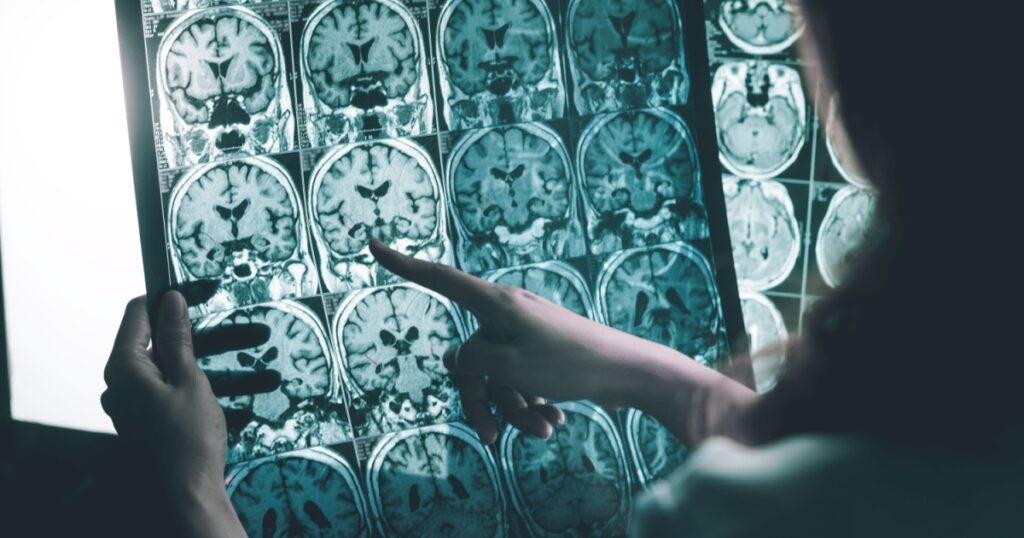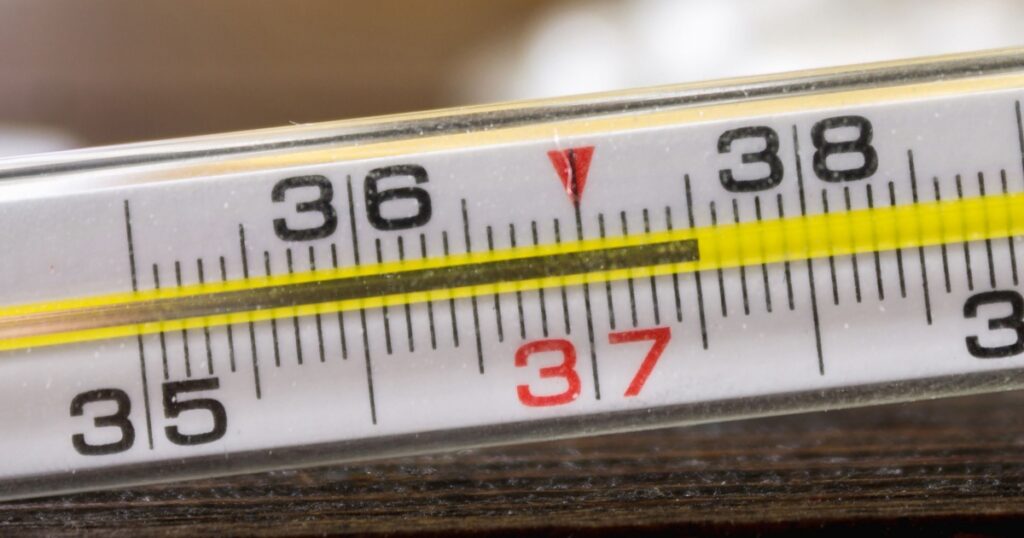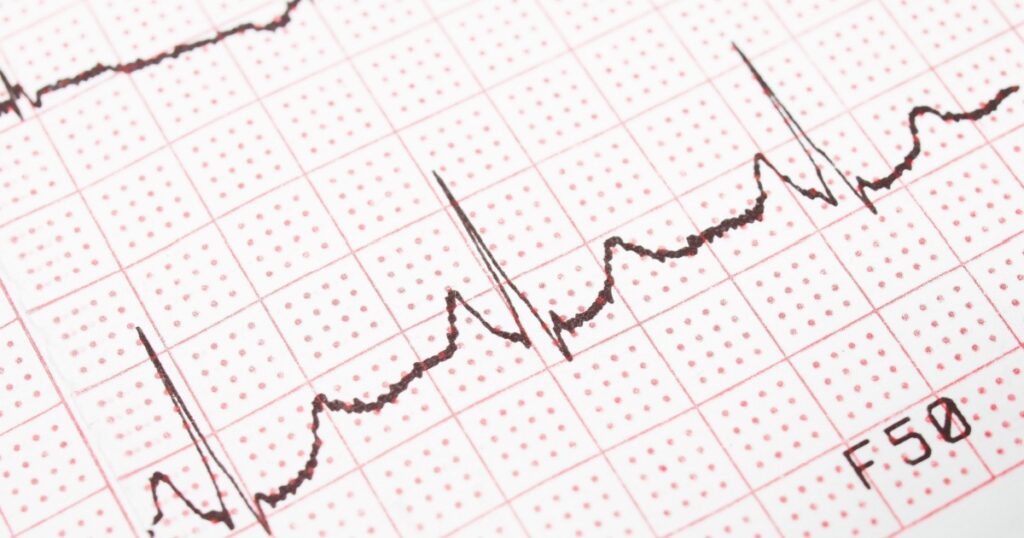Dementia is a progressive neurological disorder that affects millions of people worldwide. As the disease advances, it gradually diminishes one’s cognitive abilities, memory, and daily functioning. Eventually, dementia will lead to the end stages of life. Recognizing the signs that death may be near for a person with dementia is important in order to provide appropriate care and support during this difficult time. It is also important for the family and loved ones of the patient so that they can better prepare for the departure of their loved one. In this article, we will explore the seven common signs that indicate the end stages of dementia.
Understanding Dementia

Dementia is a term that encompasses a range of conditions characterized by a decline in cognitive function. Alzheimer’s disease, vascular dementia, Lewy body dementia, and frontotemporal dementia are some of the most common types. Depending on the specific form of dementia and its stage, the symptoms and progression can vary significantly. (1)
Read More: New Study: Blood Test Can Predict Dementia 10 Years Before Official Diagnosis
The Different Stages of Dementia

Dementia typically progresses in stages, starting with mild cognitive impairment and gradually advancing to severe cognitive decline. The stages of dementia include early-stage (mild), middle-stage (moderate), and late-stage (severe). The signs that death may be near usually manifest in the late stage, which is the most advanced and debilitating phase of dementia.
What Actually Causes Dementia Patients to Die?

Understanding the underlying cause of death in individuals with dementia is essential. In most cases, death occurs due to complications related to the disease itself or other medical conditions that develop as a result of the progressive decline in cognitive function. Some common causes of death in dementia patients include infections (such as pneumonia), malnutrition, dehydration, falls, and complications from chronic diseases like cardiovascular conditions. (2)
7 Signs That Death May Be Near

When the patient reaches the late stages of dementia, you know that their time on Earth is coming to an end. Still, they can be in this late stage of the disease for a long time, making it difficult for loved ones to know what to do or how to regulate their emotions. Knowing the signs that the end is near can help you to better understand how much time you have left with your loved one and help you to better prepare yourself for their departure. (3)
Read More: 10 Ways Photos Help With Dementia Care
1. Behavior Changes

One of the signs that death may be approaching in a person with dementia is a noticeable change in behavior. This can include increased confusion, agitation, restlessness, or withdrawal. The brain changes caused by dementia can affect a person’s emotional and behavioral responses, and these changes may worsen as the disease progresses toward the end stages.
2. Stop Speaking

As dementia advances, individuals may gradually lose the ability to communicate verbally. In the late stages of dementia, speech may become limited or nonexistent. This can be distressing for both the person with dementia and their loved ones, but it is one of the signs that death may be imminent.
3. Stop Eating or Drinking

Difficulty swallowing, loss of appetite, and a reduced interest in food or drink are common in late-stage dementia. As the disease progresses, individuals may forget the process of eating or drinking, leading to significant weight loss and malnutrition. This decline in the ability to consume food and fluids can be a clear indication that death may be approaching.
4. Difficulty Breathing

Respiratory changes are often observed in the late stages of dementia. Shallow or irregular breathing, noisy breathing, or increased respiratory rate can be signs that death is near. These changes in breathing patterns occur due to damage to the areas of the brain responsible for controlling respiration.
5. Body Temperature Drops

As dementia progresses, the body’s ability to regulate temperature may be compromised. This can result in a drop in body temperature, particularly in the extremities. Observing cold hands, feet, or skin in someone with dementia may indicate that death is approaching.
Read More: 7 Strategies When Caring for Someone With Dementia
6. Heart Rate Changes

The cardiovascular system can be significantly affected in the later stages of dementia. Irregular heart rate, a slow heart rate (bradycardia), or an increase in heart rate (tachycardia) can be signs that the end stages of dementia are near. It is important to note that comorbid conditions or medications may also contribute to these heart rate changes.
7. Moments of Clarity

This is also known as terminal lucidity or paradoxical lucidity. Although it may seem contradictory, some individuals with dementia experience intermittent moments of clarity or lucidity in the final stages of the disease. These moments can involve improved cognition, recognition of loved ones, or brief periods of normal conversation. While these moments may bring temporary relief, they are often a sign that death is near. (4)
How to Support Your Loved One Who is Near the End Stages of Dementia

Providing compassionate and appropriate care during the end stages of dementia is crucial. Seeking advice from healthcare professionals and support groups that specialize in dementia care can also be beneficial during this challenging time. It is also important to note that loved ones and caregivers must also not forget to take time for themselves to recharge and live their lives. When we know we will lose a loved one, it can be tempting to put everything else aside to be with that person as much as possible. While valiant, it is still necessary to take care of ourselves, our own needs, and our mental health. This will allow us to be better caregivers and also make the transition to life without that person less jarring after they pass. Here are some ways to support your loved one during this challenging time (5):
- Seek professional help: Consult with healthcare professionals or hospice services to ensure your loved one receives the best possible care.
- Maintain a calm environment: Create a peaceful and familiar environment to help your loved one feel secure.
- Offer comfort measures: Focus on relieving any pain or discomfort your loved one may be experiencing. This may involve gentle touch, soothing music, or aromatherapy.
- Keep them hydrated: Offer small sips of water or consider using moistened swabs if swallowing becomes difficult.
- Promote oral hygiene: Regularly clean their mouth and provide oral care to prevent oral health issues.
- Provide emotional support: Offer reassurance, companionship, and a comforting presence to help alleviate any anxiety or fear your loved one may have.
- Involve family and friends: Encourage loved ones to spend time with the person with dementia, as their presence and support can bring comfort and joy.
The Bottom Line

Recognizing the signs that death may be near in someone with dementia can help caregivers and loved ones provide the necessary care and support during this difficult period. Understanding the distinct stages of dementia, the possible causes of death, and the signs indicating the end stages can help prepare and navigate this journey with empathy and compassion. It is important to remember that each person’s experience with dementia is unique, and the support provided should be tailored to their individual needs.
Read More: 7 Strategies When Caring for Someone With Dementia
Sources
- “What Is Dementia? Symptoms, Types, and Diagnosis” NIH
- “Understanding How Dementia Causes Death.” Neurology. Tree Meinch. February 27, 2023.
- “How to know when a person with dementia is nearing the end of their life.” Alzheimers Society
- “Consciousness at End of Life: Paradoxical Lucidity.” NYU Langone Health
- “Supporting a person in the later stages of dementia.” Alzheimers Society

